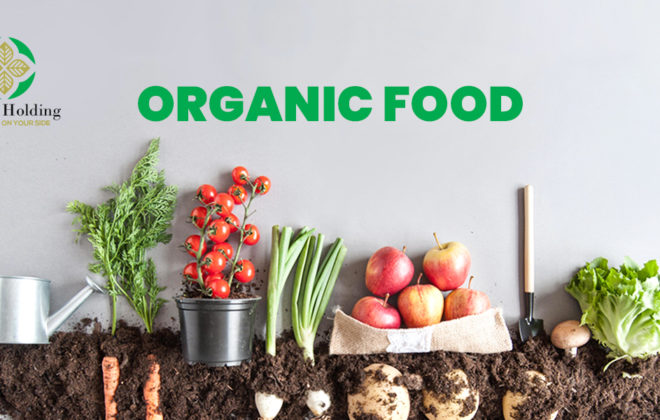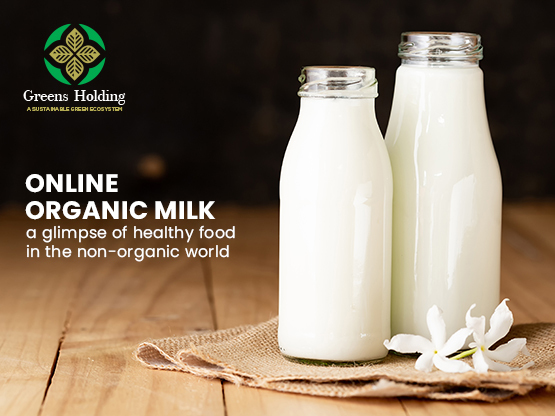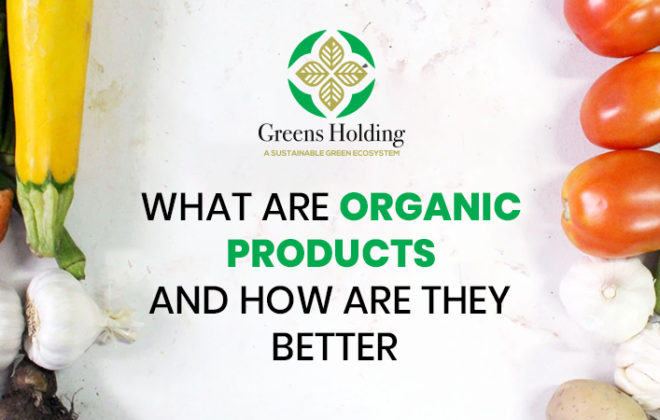Organic Meat vs Non-Organic Meat
Since organic meat is commonly more costly than non-organic meat, you might be left thinking about whether the additional expense is extremely worth your time and energy. There is a contrast between organic and non-organic meats, and for some individuals who are health-conscious, organic food is the most ideal alternative for them.
In this blog, we will shed some light on the differences between organic meat and non-organic meat. Let’s begin!
What is Organic Meat?
As indicated by the U.S. Division of Agriculture, organic meat is meat that comes from animals that are fed with 100% organic feed, not given any antibiotics, growth hormones, and permitted to graze in free-range pastures like that of livestock animals’ natural living environment. The organic feed given to these animals is developed in soil that doesn’t contain any pesticides, artificial fertilizers, and genetically modified food organisms (GMOs).
Bring a healthy change to your diet regime with an organic diet. From organic fruits to organic milk, organic eggs to organic fish, eat pure organic and non-synthetic food.
What is Non-Organic Meat?
Non-organic meat has somewhat similar nutritional values to organic meat, yet it comes from animals that are given antibiotics or growth hormones. They may also be fed with substances that are grown in soil that contains synthetic fertilizers and pesticides. While the expansion of these substances doesn’t really influence the healthy benefit of the meat, a few people lean toward organic meat since antibiotics and growth hormones from non-organic meat can enter the bodies of those who eat it and can disturb or stimulate their hormonal system.
Impacts of Hormones
A good number of individuals are worried about hormones found in the food supply chain, and all things considered. The Institute for Agriculture and Trade Policy reveals that hormones given to livestock cattle and poultry end up in meat and in individuals who eat that meat, and there might be a connection between hormones found in food and growing rations of health complications and diseases among people. Some of the negative impacts of consuming non-organic meat are:
- Specific kinds of cancer
- Obesity
- Thyroid problems
- Diabetes
- Endometriosis
- Infertility
- Uterine fibroids
- Bowel disorders
- High blood pressure
- Asthma
- Hypersensitivities
Hormones can turn out in animal’s feed when the fats of different animals or organisms are added to non-organic feeds.
Impacts of Antibiotics
The existence of antibiotics in non-organic meat is additionally worrisome, as indicated by a survey published in 2010 in Toxicological Research. Researchers and the authors of this research propose that utilizing antibiotics in livestock and poultry could cause safe microscopic organisms strains that might be destructive to human wellbeing, and antibiotics in food supply may disturb the helpful microorganisms balance in the human gut.
Similarities in Nutritional Values
Organic and non-organic meats are both packed with basic nutrients – including protein, iron, zinc, phosphorus, and vitamin B. The two sorts of meat contain different measures of saturated and unsaturated fats, contingent upon how much fat marbling is in the meat. Lean cuts of meat are higher in protein and lower in fat and calories, however, eating such a large number of higher-fat meats can prompt high blood cholesterol.
Yet, some people prefer organic meat over non-organic meat because of the stigmas attached to it and some obvious negative impacts of it on human health. As people are becoming more aware of how to live a healthy lifestyle and the importance of having an organic diet, a large proportion of people are shifting to a healthy lifestyle that is centered on “everything organic”.
To save you time and energy, Greens Holding brings you an opportunity where you can order online organic chicken now.
Related Posts
Leave a Reply Cancel reply
Categories
- GreensProject (24)




